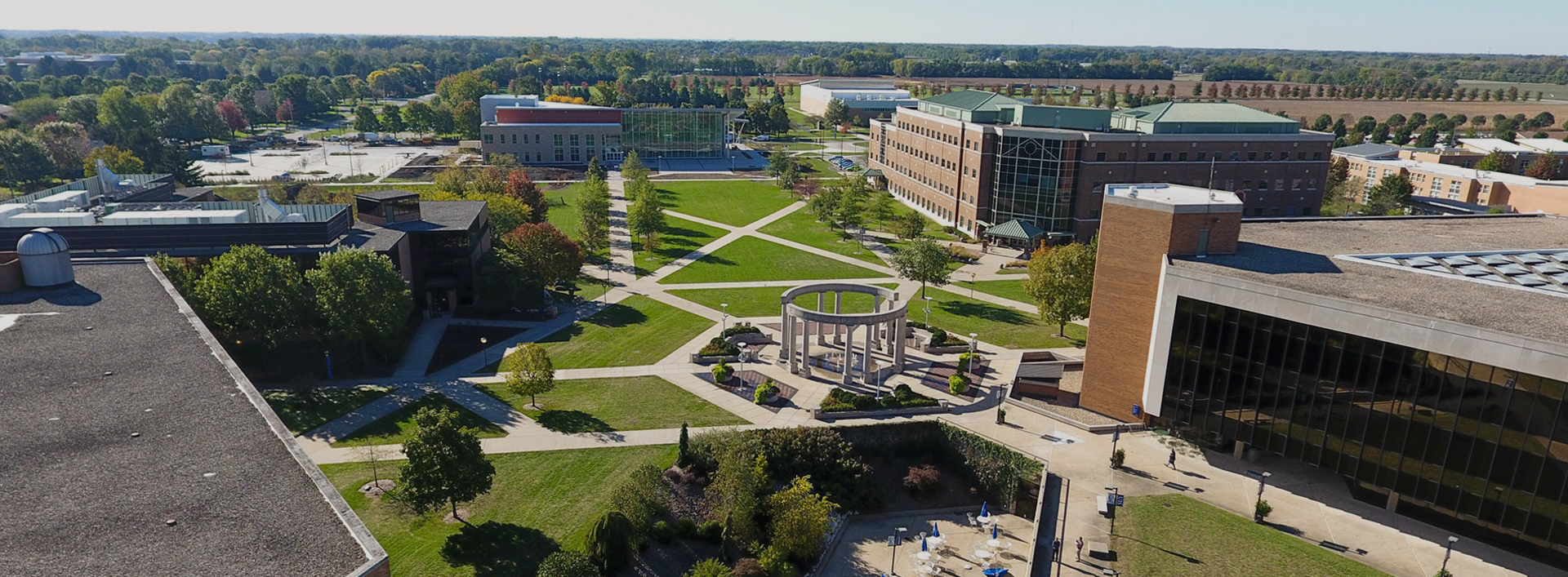GOALS Program
What is the GOALS Program?
The GOALS Program is a virtual web tool which encompasses a unique approach to career planning using multiple learning styles and an easily guided color scheme. Individuals can enter at any juncture based upon their unique situation. Each of the five GOALS sections can be used as a self-direct approach and/or a personally guided interactive approach with a Career Coach, Career Counselor, or others trained by Career Development Center staff. Ultimately, the program will provide guidance in creating an individualized, effective career strategy.
What are the five Stages of the GOALS program?
- FIRST, students need to identify values, interests, skills, personality, and career barriers. It’s crucial they complete this stage or at the least can “test out of this stage,” or they will most likely be unsuccessful in the other four stages.
- Research in college is one of the key skills students acquire during their education. Thus, students can use this valuable skill and this section of the GOALS PROGRAM to gain extensive information about academic majors, occupations, labor market data, industries, salary, and work environments. The more information obtained, the better equipped the student will be for the next stage when it’s time to make important decisions.
- Encourage students to gain first-hand knowledge about academic majors and/or career options compatible with their results in the Gain Self-Awareness stage. We want students to discover any unexpected surprises before making those important decisions that could later cost them extra time, money, and dissatisfaction.
- At this point students should have all of the information they need to begin planning and implementing their job search or graduate school plan. This stage requires substantial self-motivation by students since many of the tasks in this stage can be overwhelming due to academic responsibilities too.
- Adult learners typically fall within this stage since most of the activities can help to assess if the student is ready for a change whether it is forced upon them or an elected change. Examples include life changes, economic or downsizing changes, or readiness for career advancement.
